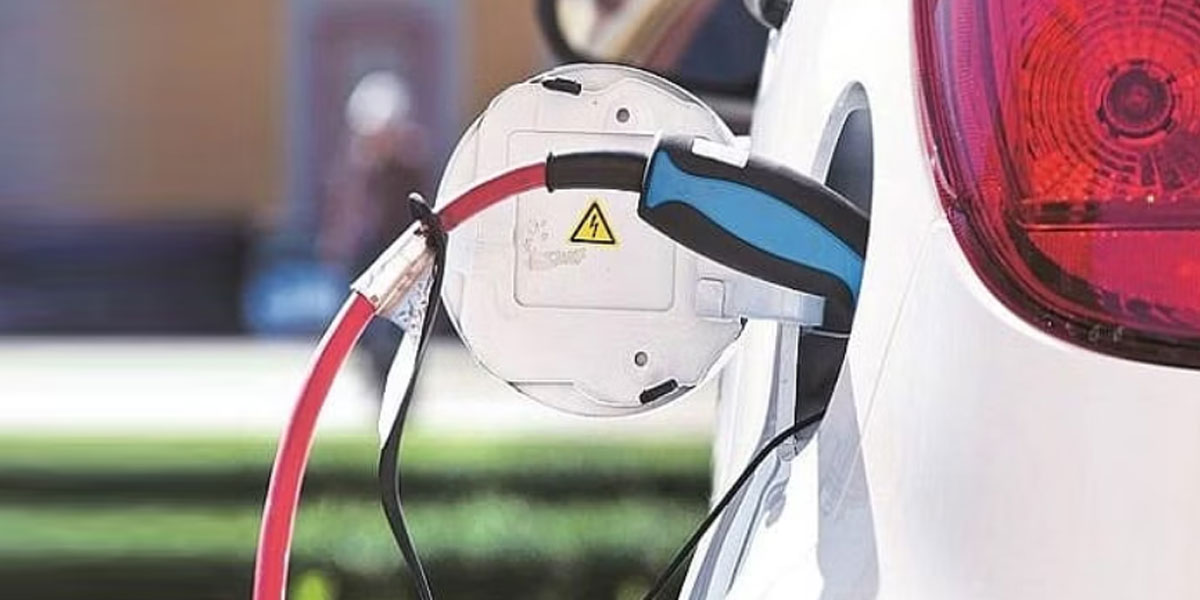The majority of Indian consumers are of the belief that an electric vehicle will be ready by 2023, but they also think it won't be readily available until 2025. Now, when one looks at the vast contrast between these two schools of thought, it makes us wonder if we are capable of making a complete shift to EVs. And why not? They are environmentally friendly; they don’t emit any emissions, and they are relatively easier to maintain because of the efficient electric motor. However, the average tipping price for EVs globally is $36,000, with Indian consumers seeking a lower price than those in other nations. (about 27 lakh rupees). Globally, lithium-ion batteries cost about $250 per kWh, which equates to about Rs 5.7 lakh just in battery costs. An electric vehicle currently costs more than a conventional vehicle because lithium-ion batteries make up half of their price.
Li-ion batteries are hindered by their safety against explosions. In India, the difficulty of charging and the scarcity of charging stations are major obstacles for EVs.
Why is battery swapping needed?
It’s become one of the most popular alternatives to charging stations. The latter takes more time. But not everyone can opt for 7-8 hours of charging time per 500 miles—especially drivers from commercial fleet companies like Uber, Ola, and Lyft. The benefits of battery swapping include decreased charging time, reduced consumer anxiety about battery life, and increased range. Battery swapping technology enables consumers to complete their journey within 10 minutes.
In terms of sales, they fall short of ICE (internal combustion engine)-powered vehicles, and one of the key factors is the high cost of ownership and acquisition. By industry standards, an EV is 1.5–2 times more expensive than its ICE equivalent, with the battery pack accounting for at least half of the difference. For instance, the price of a Tata Nexon starts at Rs. 7 lakh, while that of a Nexon EV is Rs. However, many manufacturers now sell batteries separately from a vehicle, which lowers the price. If so, a fleet owner can save money by purchasing vehicles without batteries and using battery swapping to power them.
Many commercial players and organizations with government support, including EESL, BSES, and Sun Mobility, are now launching charging stations in the battery swapping market. Conversely, fleet operators like Delhivery, Flipkart, Amazon, and Domino's have expressed interest in utilizing the benefits of swapping batteries to lower delivery costs and protect the environment.
Can NITI Aayog carry forward India’s commitment towards the inclusion of the EV ecosystem?
The investments and initiatives made by the public and private sectors in the EV ecosystem are speeding up the deployment of capital for India's transition to electric mobility.
FAME II, PLI for ACC batteries, and automotive manufacturing alone total INR 0.6 lakh crores ($US7.5 billion) in government initiatives.
In April 2022, the think tank for the Indian government, NITI Aayog, published a draft policy that strongly supports battery swapping for electric two- and three-wheelers.
Interoperability between EVs, batteries, and EV supply equipment is a key component of the policy. This makes it possible for various battery models to be compatible with various vehicle models. In turn, efficiency will rise as a result. Maintaining safety standards should likewise reassure people that their EVs won't catch fire and raise demand. The EV and battery-swapping industries should grow as a result of encouraging the private sector to compete in the market.
According to the draft policy, cities with a population of more than 4 million people will receive priority for developing battery swapping.
VoltUp partners with BSNL to set up electric vehicle battery swap stations.
VoltUp, a battery-as-a-service (BaaS) startup, teamed up with BSNL to establish charging stations for electric vehicles across the nation.
The company said in a statement that initially, under the partnership, battery swapping stations will be set up in four locations throughout Gurugram, enabling an infrastructure of more than 150 charging docks. By the end of the year, it will be expanded to 30 additional locations in Haryana and other cities.
VoltUp now has more than 110 stations with more than 1,300 charging docks spread across ten cities and eight states, thanks to the addition of new locations in Gurugram. According to the company, VoltUp plans to add about 2,000 new stations by the end of 2024. With this move, this could emerge as one of India’s success stories in embarking on adopting clean and green energy.





















